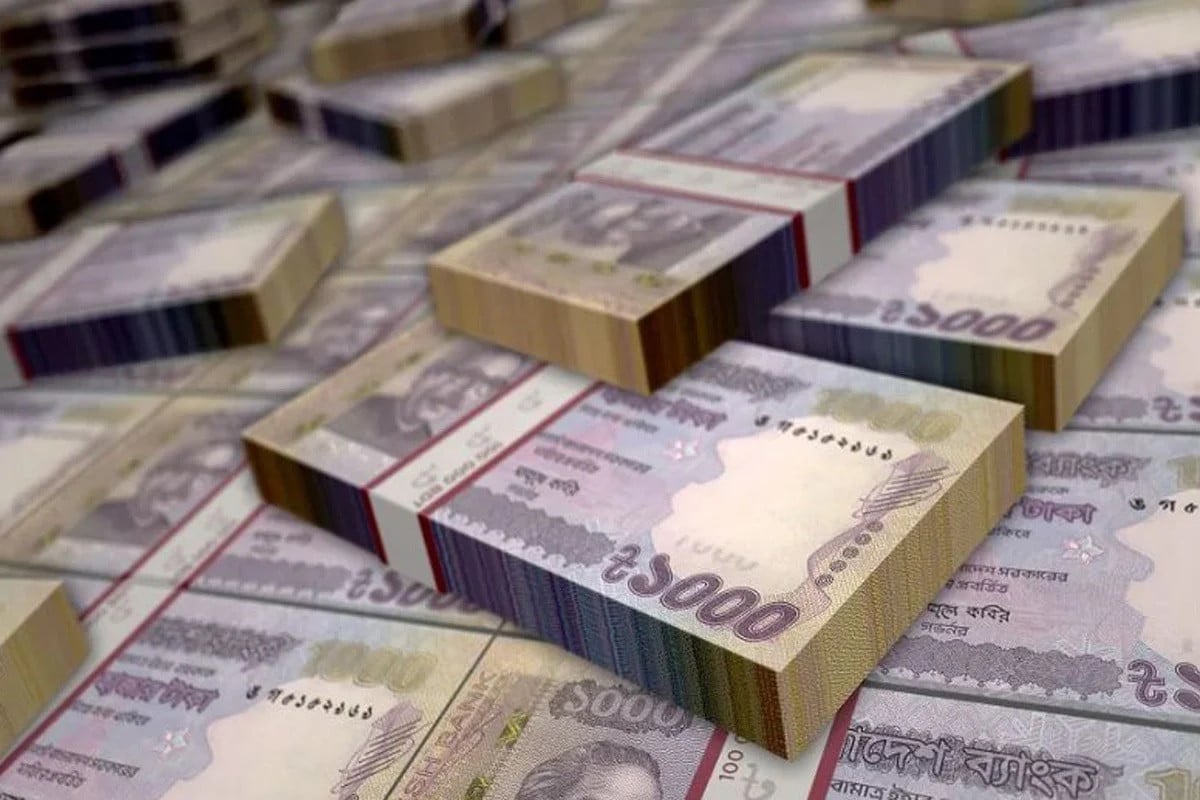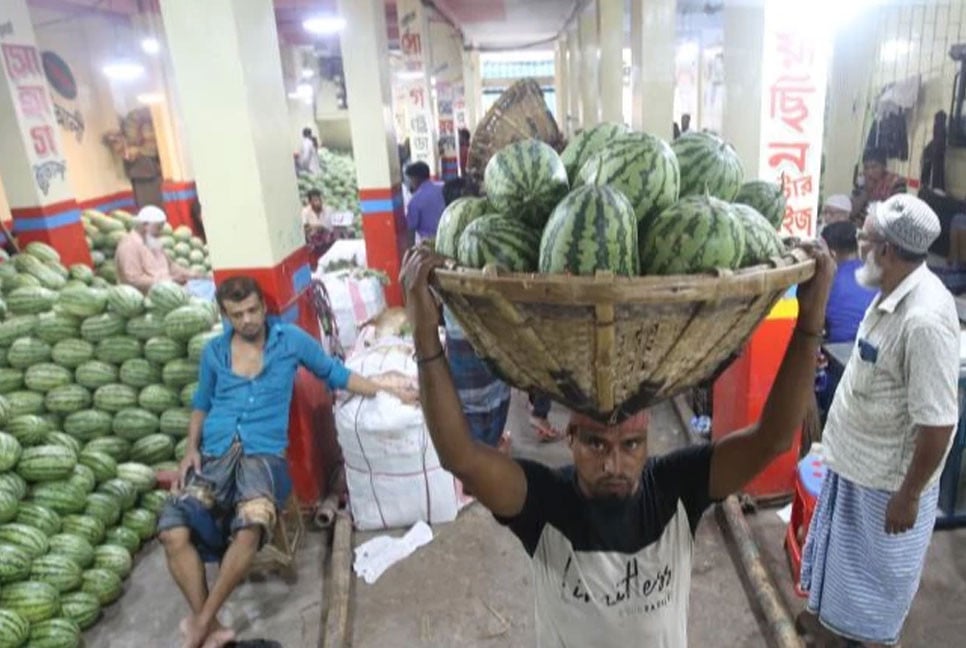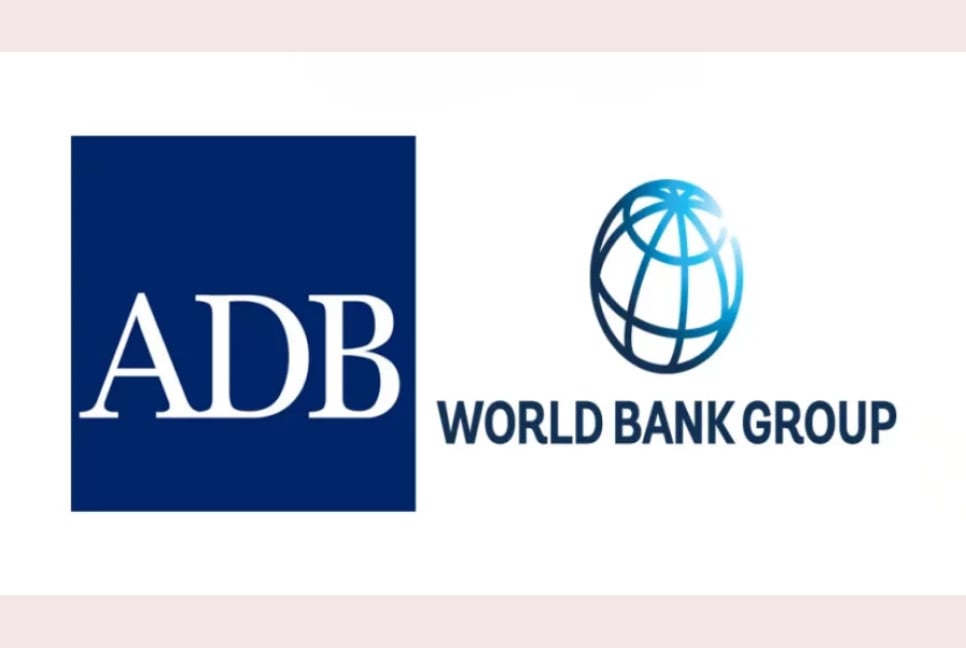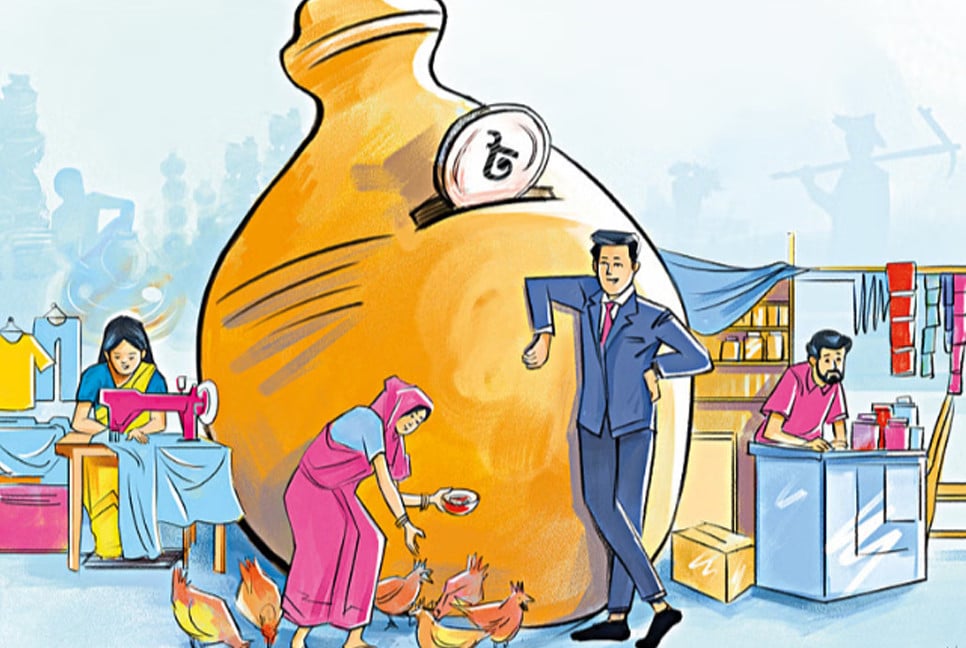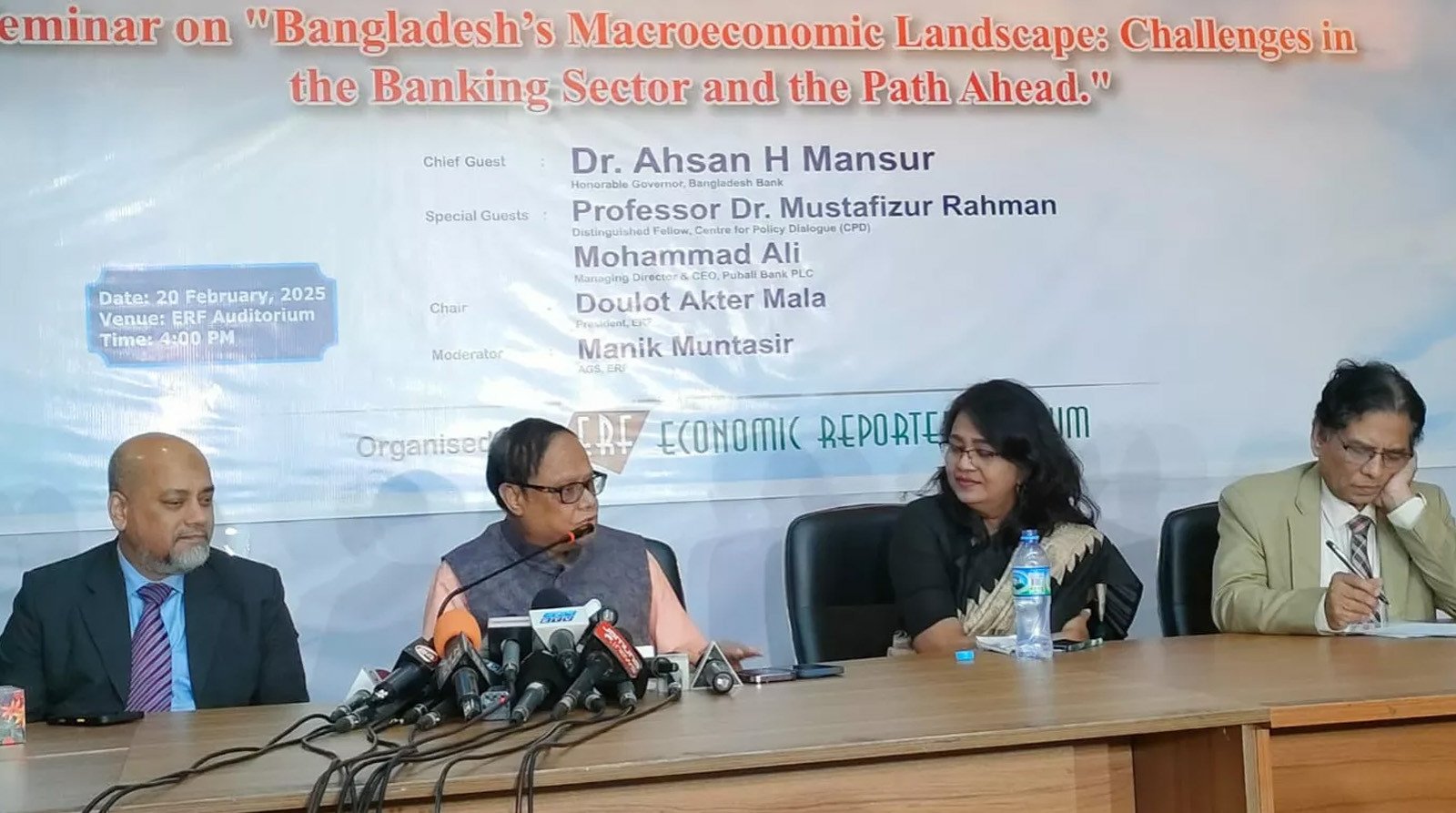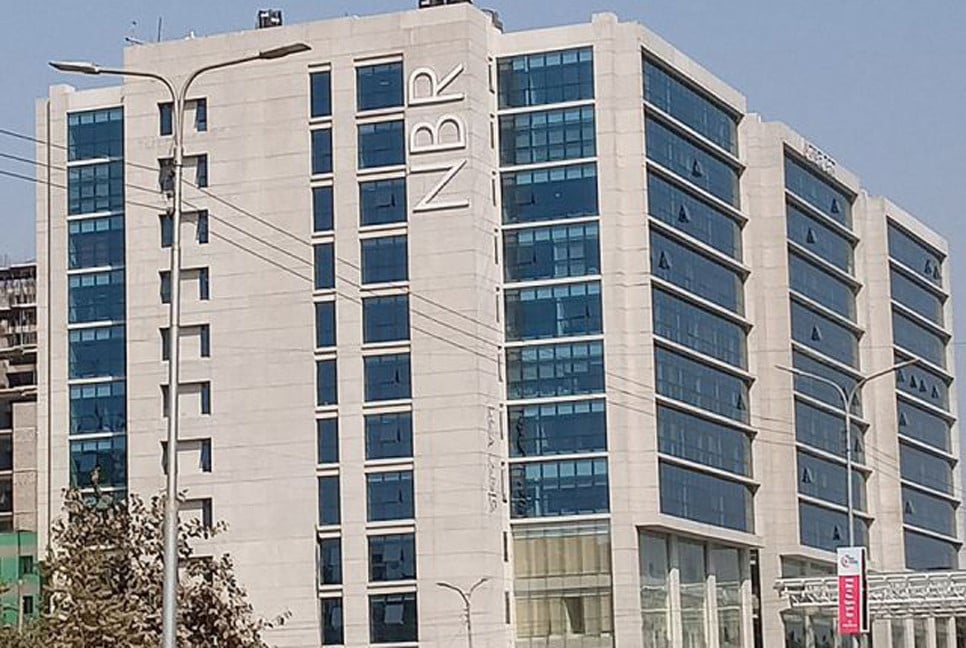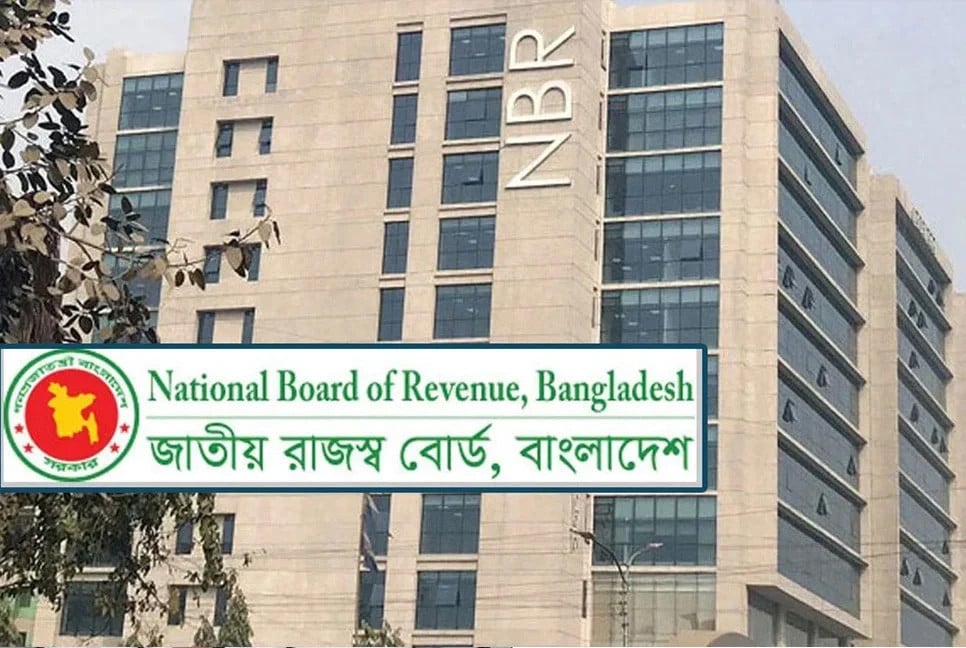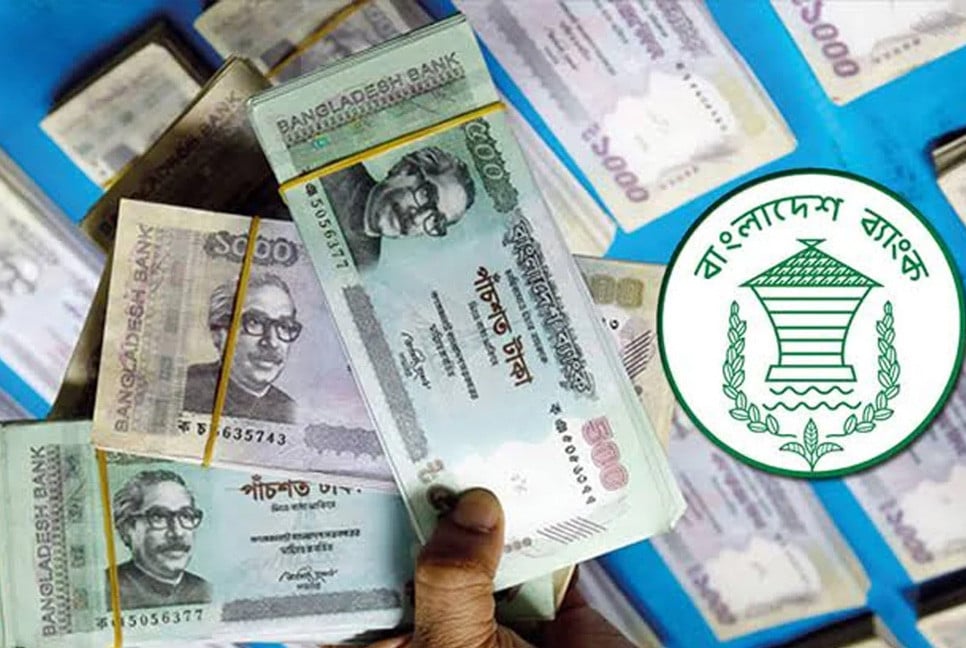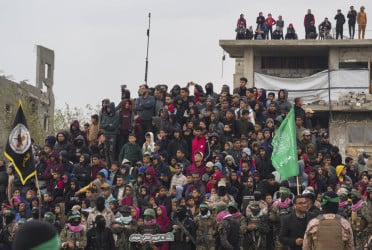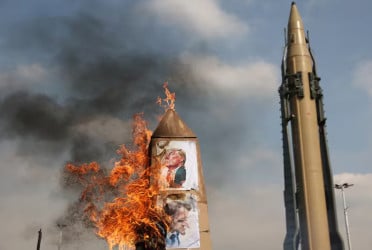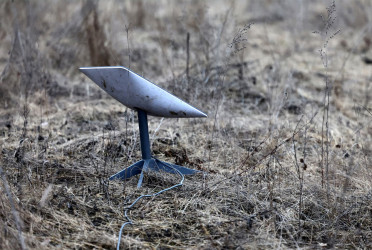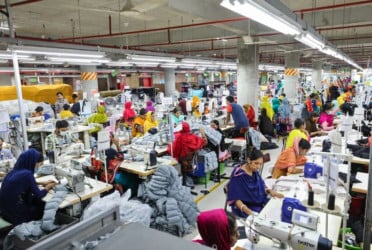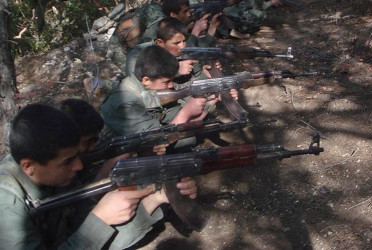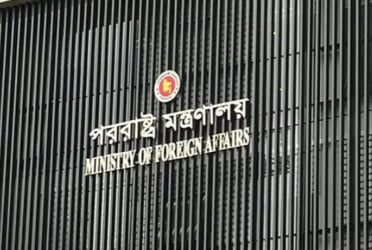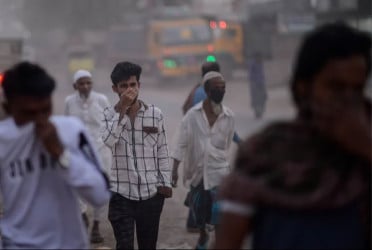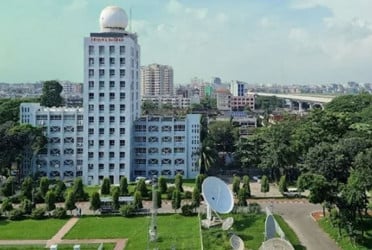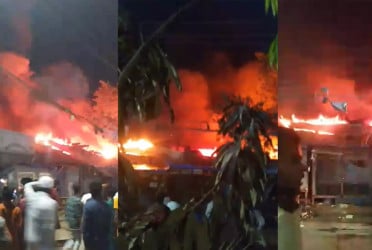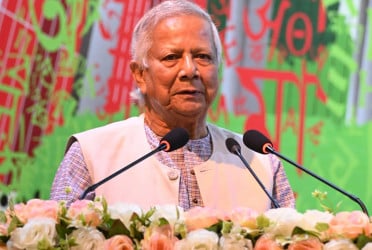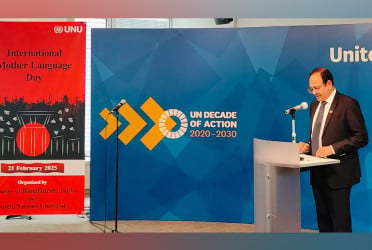Industrial production has sharply declined, and export income has been severely disrupted, bringing business and trade to a near standstill. Multiple pressures, including political instability, have contributed to this economic downturn. Among these challenges, a key factor is the reduction in the loan repayment period due to changes in bad loan policies, putting additional strain on the business community, which is now facing the risk of becoming a new wave of debtors.
The banking sector, in particular, has been hit hard during the tenure of the ousted Awami League government. A large portion of the embezzled funds was illegally transferred abroad, and for a long time, these bad loans remained unaccounted for. However, as information on defaulted loans is now being fully disclosed, the scale of defaults is growing rapidly.
Bangladesh Bank is set to tighten loan classification policies by March 2025, in line with conditions set by the International Monetary Fund (IMF) for its loan agreement. As a result, experts predict that the country's defaulted debt could surge to as high as five lakh crores.
Stakeholders in the banking sector attribute the rise in bad loans to widespread irregularities, corruption, and mismanagement. As per regulations, the growing default rate is also contributing to an increasing capital shortfall, particularly among state-owned banks, which are facing higher default rates than their private-sector counterparts.
In his keynote address at the seminar titled "The Path to Solving the Energy Crisis in the Country's Industrial Sector," Dr. Ijaz Hossain, Professor and Dean of the Faculty of Engineering, BUET, specializing in Energy and Environment, highlighted the severe impact of the ongoing power and energy crisis on various industries.
Dr. Ijaz Hossain reported a 30-35% reduction in production in the garment sector due to energy shortages. Steel factories have experienced a 25-30% decrease in output, while ceramic factories have seen their production halved. The rising costs of diesel and the need for additional labor have further exacerbated the situation.
Small-scale industries, especially those under rural electrification, have been hit the hardest. Many are unable to operate their diesel generators, pushing around 40% of these businesses toward potential closure.
Dr. Hossain also noted that the industrial sector's gas demand stands at around 100 million cubic feet, but only 50 million cubic feet is currently being supplied. He emphasized that the industrial sector’s fuel demand has remained stable over the past two years, yet supply continues to fall short.
Business leaders are warning that the ongoing power and gas crisis is wreaking havoc on the industrial sector. In recent months, hundreds of factories have shut down, export earnings have fallen, investment has stalled, and job creation has come to a standstill. They argue that if the industrial sector continues to struggle, the entire economy will grind to a halt.
Given the severity of the situation, business stakeholders are calling for urgent and robust measures to address the energy needs of the industrial sector.
In response, the government has emphasized that addressing the energy crisis in industry is a top priority. Officials have pointed to an increase in gas supply to industrial areas and highlighted ongoing efforts to boost domestic gas production through exploration. However, many in the business community believe more needs to be done to ensure the survival and growth of the industrial sector.
Zahid Hussain, former Chief Economist of the World Bank's Dhaka office, stated that political changes have created a sense of uncertainty in business and trade. Entrepreneurs are concerned about the political direction over the next 18 months, particularly about who might come to power again. To foster investment and create jobs, it is crucial to build confidence among the business community, he emphasized.
Hussain also pointed out that expecting significant improvements in the investment climate and job creation within just 100 days is unrealistic. He noted that many prominent business figures tied to the previous government have either fled the country or faced legal challenges, and their institutions are now undergoing restructuring. However, changing the players alone does not guarantee an increase in investment.
He stressed the importance of ensuring a reliable and uninterrupted supply of electricity and fuel to stimulate investment and job growth. Additionally, he criticized corruption in the energy sector, which drives up costs, burdening both consumers and traders. Hussain called for a reduction in corruption to help stabilize the energy sector and foster a more favorable business environment.
According to data from Bangladesh Bank, defaulted loans in the banking sector have nearly doubled in the first nine months of this year. As of September, the total amount of defaulted loans reached Tk 284,977 crore, accounting for approximately 17% of all loans. This marks a sharp increase from December 2023, when defaults stood at Tk 145,633 crore, or 9% of total loans.
Experts attribute this rise to the exposure of debt defaulters who had used political influence during the previous Awami League government, which lost power following the student uprising. Many of these defaulters are now being identified, contributing to the surge in defaults.
In addition to these defaulted loans, there are Tk 60,000 crore in foreclosed debts and Tk 278,000 crore in financial debt tied up in court cases. A further Tk 76,000 crore, tied up by stay orders in the court, is expected to be classified as defaulted debt under international accounting standards.
As a result, experts predict that if a comprehensive review is conducted next year, the total amount of defaulted loans could exceed Tk 500,000 crore.
Mohammad Hatem, President of the Bangladesh Knitwear Manufacturers and Exporters Association (BKMEA), expressed concern over the recent increase in the policy interest rate, noting that it directly leads to higher bank loan interest rates. This rise in borrowing costs, he said, has made new investments increasingly unfeasible, leaving the business community struggling for survival.
Hatem explained that when bank interest rates rise, it disrupts business operations as installment payments increase and profit margins shrink. He also criticized a recent notification issued by Bangladesh Bank, which he believes has further exacerbated the situation for traders. Under the new rules, a borrower is considered a defaulter if they miss six consecutive installments. Since September, however, default is triggered if three installments are missed. Starting in March 2025, any missed installment will result in default.
Hatem argued that these policies are tightening the noose around businesses, making it more difficult for them to recover or remain solvent.
Banks are facing mounting pressure to comply with Basel-III regulations. According to guidelines from Bangladesh Bank, scheduled banks are required to maintain a Minimum Capital Requirement (MCR) of 10% and a Capital Conservation Buffer (CCB) of 2.5% of their total risk-based assets.
In addition to ensuring risk-based capital adequacy under the Basel-III framework, which seeks to balance capital with deposits, banks must also adhere to a minimum leverage ratio (LR) of 3% starting from 2015. This ratio is set to gradually increase by 0.25% annually, reaching 4% by 2026. Consequently, Bangladesh Bank has mandated that scheduled banks maintain a minimum leverage ratio of 3.5% by 2024.
Mosleh Uddin, Managing Director of Shahjalal Islami Bank, highlighted that many banks are facing capital shortfalls due to high levels of defaulted loans and provision deficits. He warned that some banks may struggle to meet Basel-III requirements by the January 2025 deadline. Uddin emphasized that a bank's most valuable asset is the trust of its depositors, and maintaining adequate capital is crucial to sustaining that trust. He further noted that an accumulation of bad debt increases the overall risk to the bank’s financial health.
Source: Daily Kaler Kantho
Bd-pratidin English/ Jisan

